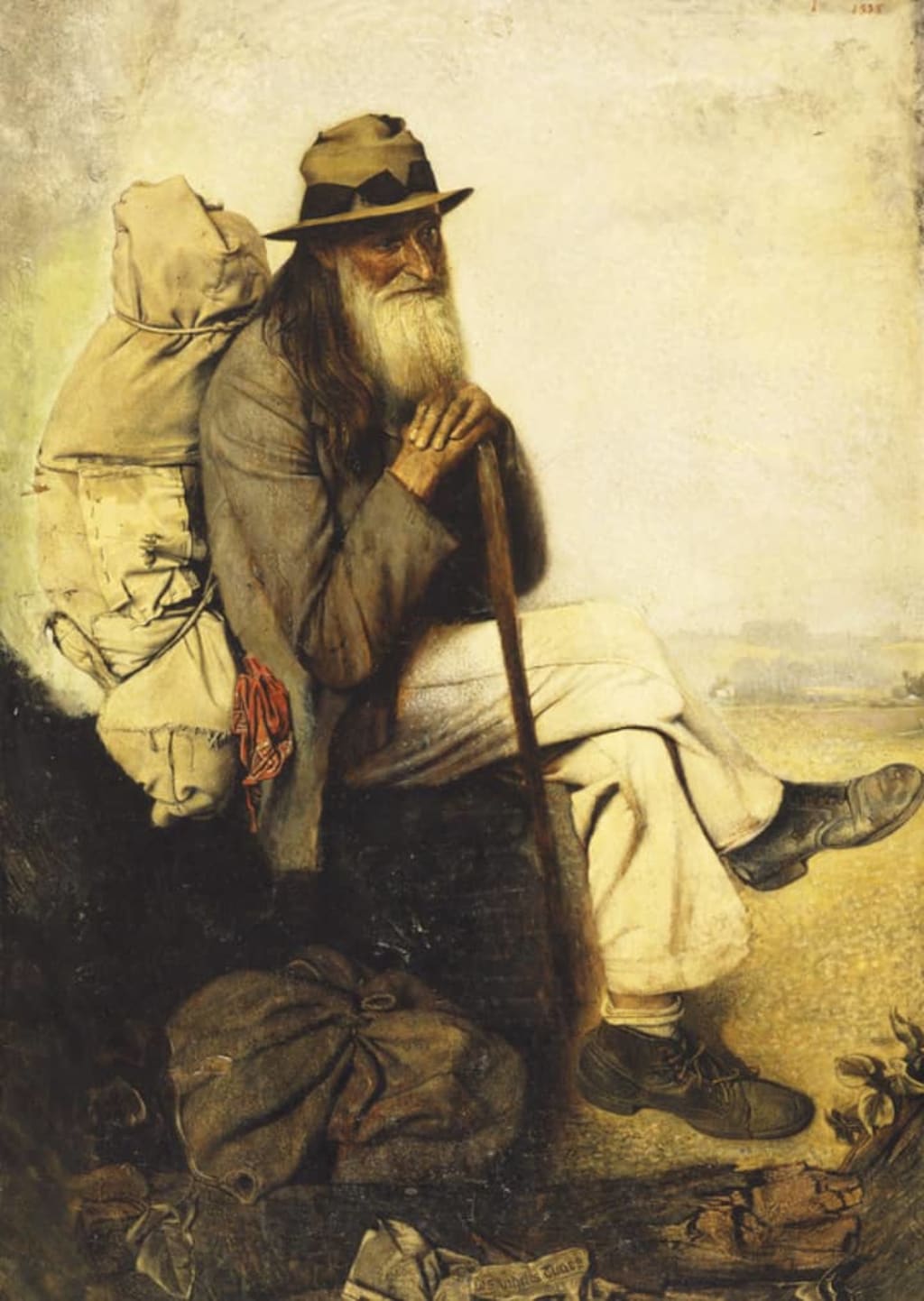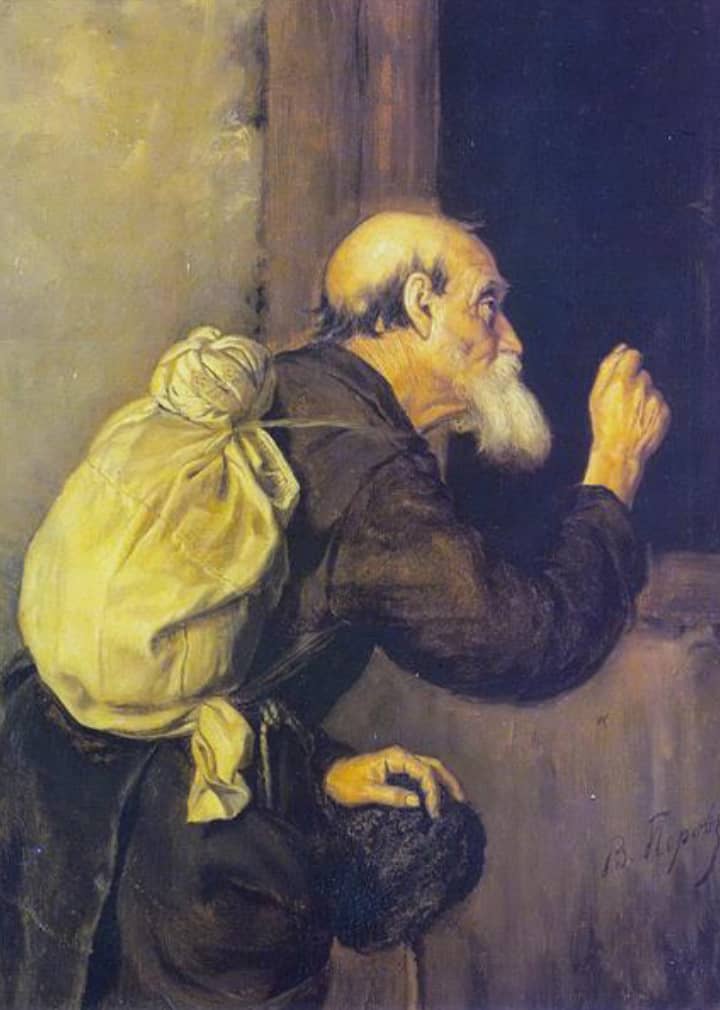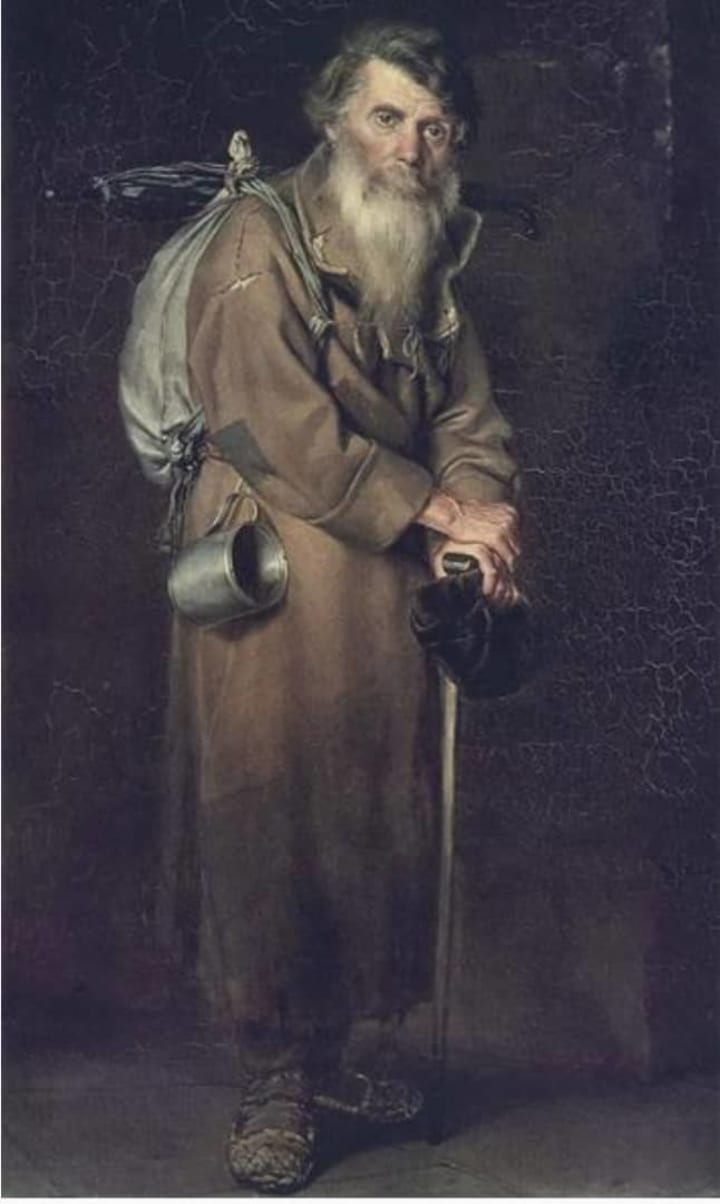
J.R.R Tolkien was a mother loving genius I mean that technically he was very catholic and he loved the virgin mary but that's not what made him a great writer what makes tolkien stand out among writers is that he was not a writer he was a scholar one of the truly great scholars of the middle ages most of his time was spent not writing novels but as a professor of anglo-saxon and english language and literature at oxford breaking ground in those fields and translating numerous medieval works including the famous beowulf hemingway once wrote that a good writer should know as near everything as possible and that was certainly true of tolkien at least when it came to the middle ages he had a pervasive knowledge of historical facts and cultures and human beings especially of the medieval flavor tolkien had a higher dosage of reality than most of us do and was therefore able to incorporate a high dose of reality into his fictional novels there's no better example of this than the anglo-saxon poem called the wanderer a poem that tolkien loved studied and
translated and even quoted during a valedictory address composed orally somewhere around the 5th
or 6th century by an anonymous poet the wanderer is about a medieval warrior who as the name implies is forced to wander the earth because his people have been defeated in battle and completely wiped out his friends are slaughtered and his lord is slain his home is destroyed he has nowhere to return to nowhere to live he is forced to travel to wander the earth he is a broken man and this poem really captures that sense of brokenness psychologically speaking this is a shockingly sophisticated poem we can think of it in terms of walking through the stages of medieval grief thousands of years before modern psychology the first stage we encounter is isolation and repression the wanderer's first impulse is silence to retreat into himself to lock up his feelings there is none now living to whom i dare clearly speak of my innermost thoughts i know truly that it is in men a noble custom that one should keep secure his spirit chest or mind guard his treasure chamber or thoughts think as he wishes the pain is so deep that he dares not speak the things that he's telling us are not the deepest

things that he's feeling even if he wanted to tell us he could not kierkegaard pointed out centuries later that true suffering makes us mute when we really suffer we slink away to brood alone whether or not this is a healthy coping mechanism a stoic facade was no doubt the widespread fashion of the middle ages and not just for the grief stricken man but for any man as indeed it continues to be so for many today a man should have sofrosune he should have control of himself a man is someone who locks up his thoughts and keeps them secure and has a tight grip on them the idea crops up often in norse poetry as well for example in havamal a nobleman should be silent thoughtful bold in battle but if such heavy-handed grief is to be bottled up it will surely pop out somewhere else perhaps as the freudians might have it in the therapy of dreams that's exactly what happens in the wanderer when the wanderer sleeps he dreams of his deceased lord then sorrow and sleep both together often tie up the wretched solitary one he thinks in his mind that he embraces and kisses his lord and on his lord's knees lays his hands and his head but yes this is only a dream for when the wanderer wakes again he sees before him fallow waves seabirds bathe preening their feathers frost and snowfall mixed with hail it was merely a dream only this and nothing more if such a dream is a wish fulfillment then it's a hard one for us to understand this medieval warrior wants nothing more than to embrace and kiss his lord and lay his head on his knees it strikes us as highly intimate a show of intimacy that certainly makes us uncomfortable laying your head on another man's lap my understanding is that scholars argue this to be a reference to a field tea or a reward ceremony even if that's true and this dream is less about love and more about service this is still surprising to moderns and postmoderns alike the wanderer wants above all to swear fealty to submit to a lord to be rewarded for his loyal service it is a desperate desire it is what comes to him unbidden in dreams not hearth nor home nor wife nor children but what comes to him in dreams is his beloved lord the wanderer is very important i think because it provides us with an example indeed a historical artifact an unarguable fact that someone somewhere at some point in time found stability and fulfillment and possibly a great deal of happiness in submitting himself to a lord it is a fact that it is possible for someone to have a profound love for his lord to submit and serve because he wants to not because he has to kings are not always tyrants submission is not always oppression liberalism is not necessary to happiness and feudalism may be a very upsetting thing to lose the wanderer cannot stop the memories of his past life from flooding back and these dreams these memories whether they be welcome or unwelcome they only aggravate the next stage of grief the wanderer feels sadness the poison of that emotional sting coursing through his body combined with a psychological judgment about the nature and worth of the world spoiler alert it's a bleak judgment indeed i cannot think why my spirit does not darken when i ponder the whole life of men throughout the world how they suddenly left the hall the proud things so this middle earth a bit each day droops and decays i'm sure you caught that reference to middle earth yes this is where tolkien got the name for his fictional world but in this context at least it's more than a name it's a concept it contains the idea that this place that we live is not final it's transitory fleeting as the wanderer later says here money is fleeting here friend is fleeting here man is fleeting all the foundation of this world turns to waste the next stage of grief is to learn to come to terms with this acceptance although i think a better term is wisdom and that's what the poem focuses on wisdom the goal is not simply to accept the world as it is per se or to accept our losses per se but to be wise about them the two go hand in hand part of this involves recognizing that coming to terms with hardship takes time sometimes years just as wisdom is only acquired with years so this middle earth each of all days declines and falls therefore a man cannot become wise before he has a portion of winters in the kingdom of the world both the norse and anglo-saxons measured age not just in terms of years but specifically in terms of winters the most brutal part of the year soaked through with hardship incidentally this is how tolkien describes aragorn in his novels wise with many winters this wisdom however is not about having all the answers it doesn't preclude a certain sense of confusion especially emotional confusion which is the next major stage of grief disorientation even as the poem draws to a conclusion even as the wanderer's spirit becomes dark and wise he is filled with as many questions as answers he asks where has the horse gone where is the rider where is the giver of treasure where are the seats at the feasts where are the revels in the hall the last for the bright cup the last for the male warrior alas for the splendor of the prince how that time has passed away dark under the cover of night as if it had never been the wanderer is suspended on the edge of a question like a single shard of glass hanging from a shattered window his mind knows the answers to these questions but his heart cannot stop asking them these are not cognitive inquiries so much as emotional longings grief is a twisted emotion twisted in the shape of a question it is a feeling of disorientation displacement to grieve is to search to grieve is to want something that's gone regardless of whether it's death or divorce or a breakup that takes that someone away to grieve is to look for those things at unbidden hours out of purely emotional need or habit but not to find them they are gone but

where have they gone where is the horse
the rider the lord the feast the rebels
it is a question to which there is no
emotional answer through these questions
the wanderer tells us more about the
state of being a broken person than any
declarative statement of fact ever could
it's an undeniably poignant passage
it's special in the artistic productions
of mankind and it's no wonder that these
are the lines that tolkien chose to
adapt most directly into his novels
in the two towers aragorn sings these
lines at the burial grounds of the kings
of rohan where now the horse and the
writer where is the horn that was
blowing
where is the helm in the hallbark and
the bright hair flowing where is the
hand on the harp string
and the red fire glowing
where is the spring and the harvest
and the tall corn growing
they have passed like rain on the
mountain like a wind in the meadow the
days have gone down
in the west behind the hills
into shadow
who shall gather the smoke of the dead
wood burning
or behold the flowing years
from the sea
returning
so men still sing in the evening says
aragorn thus tolkien establishes rohan
as a land of fated glory
defined by a lingering sense of
something lost a longing grief
characterizes their collective cultural
consciousness
their evening songs
it is a land of years lost
in the midst of time
this is how tolkien's novels achieve
such a sense of depth when people talk
about world building
the emphasis is often on bulk and
quantity
creating more languages more ornate
systems of magic more backstory and
genealogies more character arcs and
tolkien is notorious for such things and
indeed is considered the father of
modern fantasy for not only pioneering
this level of world building but also
making it work not an easy thing to do
but in and of itself it's not the
magnitude of his world building that
made the lord of the rings great as literature what's great about middle earth is not its size but its ethos it's zeitgeist a special kind of spirit which tolkien achieved by incorporating medieval artifacts like the wanderer when tolkien built middle earth he added old things to it not new things he added things from our real world from the sweating suffering crying feeling real life of the middle ages when he wrote he wrote in styles and rhythms that correspond to the real prose and poetry of ages past his books were a thousand years deep the very moment he drafted them when you enter eteres you enter not a completely new land but a very familiar one you enter anglo-saxon england and what was said of aragorn is true it seems that you are come on the wings of song out of forgotten days he does come out of forgotten days and the same is true of all of tolkien's characters they come on the wings of song and that song is the wanderer hey guys thank you so much for watching this video to the very end i was so obsessed with the lord of the rings whenever i was a teenager to an unhealthy degree and lately i've been thinking about this poem the wanderer more and more and i want to bring it and very old literature like it into the present moment into our lives because i think it's very important for us to understand just how different human beings can be from one another and just how similar they can be to us despite their differences these are things that we should annex to our minds as seneca might say as we try to figure out how to navigate life in this world and live the richest life possible.
About the Creator
Enjoyed the story? Support the Creator.
Subscribe for free to receive all their stories in your feed. You could also pledge your support or give them a one-off tip, letting them know you appreciate their work.






Comments
There are no comments for this story
Be the first to respond and start the conversation.